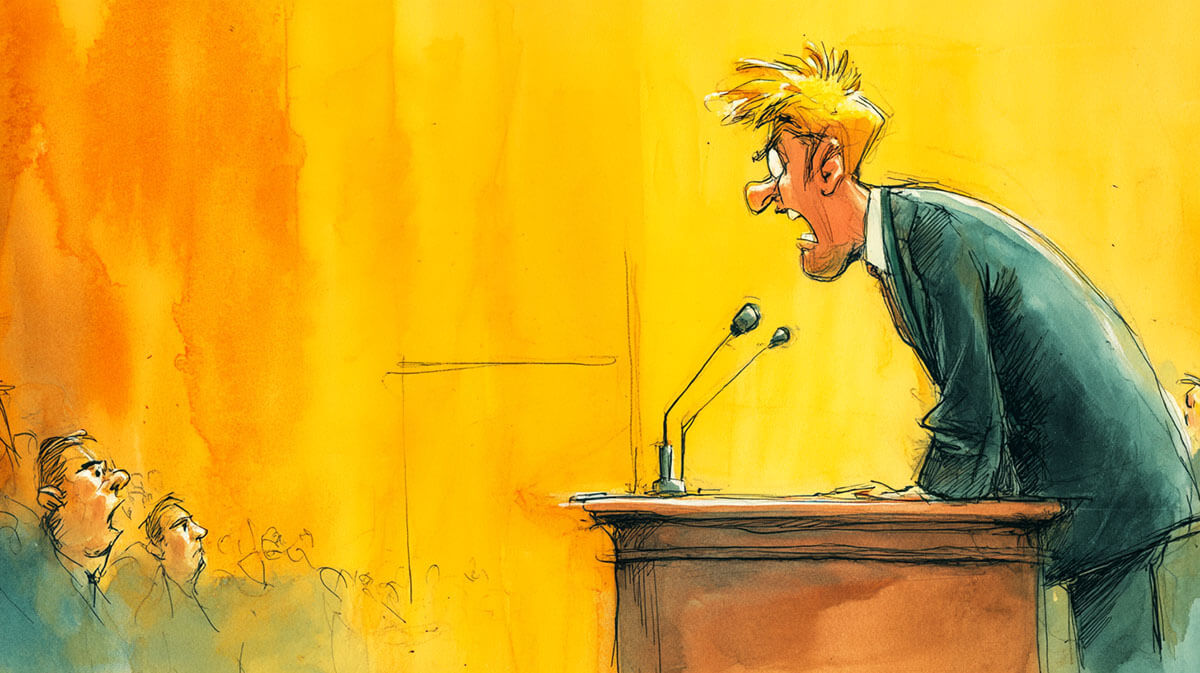As the midterm election season intensifies, an unconventional tactic is emerging among Democratic candidates: the use of profanity in public communications. Representative Jasmine Crockett (D-TX) has become a prominent proponent of this strategy, garnering attention for her frequent employment of coarse language during official appearances. This trend is not isolated to a single candidate; a number of Democratic hopefuls are now infusing their campaign messages with expletives in an effort to resonate with a voter base that is evidently dissatisfied.
New York's congressional candidate Mike Sacks notably promised to "unf





